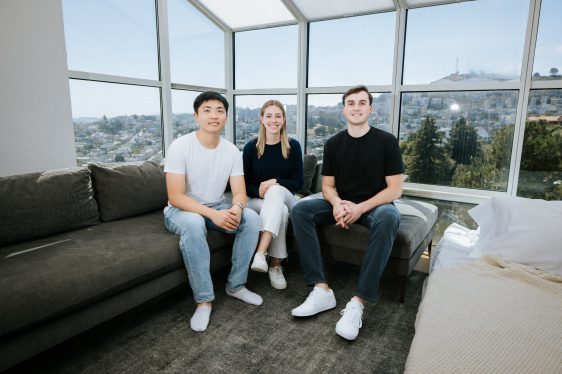Anna Monaco has been building AI agents long before the term “AI agents” became popular. After creating multiple chatbots, she explored other interfaces that could work well with AI and eventually focused on spreadsheets. She noticed a common pattern where people stored critical CRM data in spreadsheets due to their flexibility, but maintaining them required tedious manual work. This led her to reimagine spreadsheets with the full capabilities of large language models (LLMs).
The result was Paradigm, an AI-powered spreadsheet featuring over 5,000 AI agents. Users can assign specific prompts to columns or cells, and the AI agents automatically search the web to fill in the required data. Paradigm integrates AI models from Anthropic, OpenAI, and Google’s Gemini, allowing users to switch between them. Monaco emphasized the importance of supporting multiple models to balance high-quality reasoning with cost efficiency.
Paradigm began with a closed beta in late 2024 and refined its product based on user feedback. Its user base includes consultants, sales professionals, and finance experts, operating on a subscription model with tiered pricing. Early customers include consulting firm EY, AI chip startup Etched, and AI coding company Cognition.
The company has now launched publicly and secured a $5 million seed round led by General Catalyst, bringing its total funding to $7 million. Monaco stated that the funds will support an ambitious product roadmap. She noted that even some investors they pitched continued using and paying for the product, highlighting its practical value.
While other companies like Quadratic and industry giants like Google and Microsoft are also enhancing spreadsheets with AI, Monaco doesn’t see them as direct competitors. She views Paradigm as a new AI-powered workflow that currently resembles a spreadsheet but may evolve beyond that format.
Monaco reflected on the challenge of balancing present utility with future innovation. She believes the most successful AI products must deliver immediate value while positioning themselves for long-term growth—a question she considered when founding the company.

